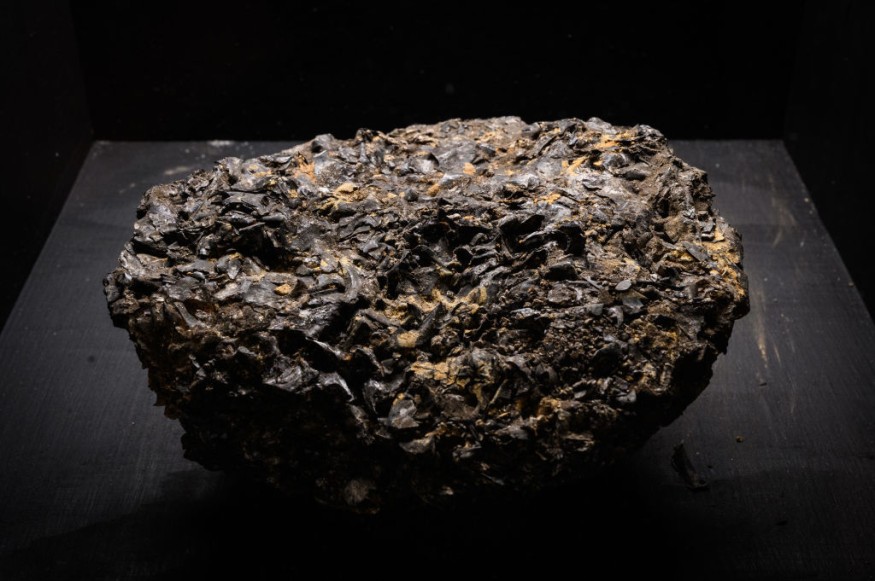
On a Canary Island beach, a dead sperm whale was discovered with a large piece of ambergris that burst the animal's intestines, according to a pathologist.
Dead Sperm Whale on a Canary Island Beach
No one suspected a priceless treasure was concealed in a sperm whale's entrails when it washed up dead on a beach in La Palma, one of the Canary Islands.
Although conducting a postmortem was challenging due to the rough waves and rising tide, Antonio Fernández Rodrguez, director of the University of Las Palmas' Institute for animal health and food security, was adamant about learning what caused the whale's demise.
He examined the animal's colon because he thought it might have a digestive issue and found something solid that adhered to that area of the intestine. When the waves had finished washing over the whale, he pulled out a stone that was between 50 and 60 cm in diameter and weighed 9.5 kg.
When he came back to the shore, everyone was watching, but they were unaware that what Rodriguez was holding was a sizable chunk of ambergris.
Ambergris
The greatest treasure of perfumers for ages has been ambergris, a precious material also known as floating gold. The chunk Fernández was holding was estimated to be worth $540,000.
Only one in 100 sperm whales produce ambergris, but it wasn't until the early 19th century, when commercial whaling started, that its origins were discovered. Whales consume vast amounts of squid and cuttlefish, the majority of which is indigestible and thrown up. However, some are still present and over time combine to make ambergris in the whale's intestines.
Because of the occasional excretion caused by this, ambergris is typically observed floating in the ocean. At times, such as the case of the whale in La Palma, there are occurrences when the size of the waxy chunk becomes excessive, leading to the rupture of its gut and resulting in the whale's death.
Since ambergris contains ambrein, an odorless alcohol that can fix and prolong the duration of scents, it is favored among perfumers despite having a sandalwood-like scent.
The trade-in ambergris has been outlawed in the US, Australia, and India along with the killing and exploitation of whales.
Fernández, who has performed autopsies on over 1,000 whales, claimed that the whale died from sepsis brought on by the ambergris.
The price of ambergris can even reach millions of dollars.
In 2021, Narong Phetcharaj from Thailand came across 30kg of ambergris that fetched a hefty sum of $1.2M, which is at $40,000 per kilogram. The fisherman planned to sell his find and retire from fishing, The National News reported.
Three Omani fishermen in 2020 were able to obtain an enormous chunk of ambergris that weighs 80 kg and is worth about $3 million, as per Science Alert.
Also Read : Endangered Totoaba Fish Swim Bladders Worth $2.7 Million Confiscated in Largest Seizure Reported - Arizona
Funds for Victims
Fernández stated that the institute is looking for a buyer and expressed the hope that money obtained would help those affected by the La Palma volcanic eruption in 2021, which resulted in more than $860 million in damage and the destruction of hundreds of houses and businesses.
According to Fernández, laws vary from nation to country. In their case, he hopes the funds will be sent to the island of La Palma, where the dead sperm whale was found, The Guardian reports.
© 2025 NatureWorldNews.com All rights reserved. Do not reproduce without permission.





